Acesse a sua conta getAbstract para obter o resumo!
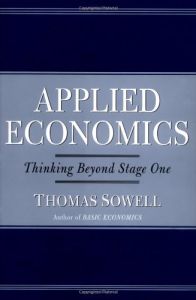
Acesse a sua conta getAbstract para obter o resumo!
Thomas Sowell
Applied Economics
Thinking Beyond Stage One
Basic Books, 2003
Sobre o que é?
Economic thinking is logical and has predictable consequences. Political thinking is emotional and anything can happen.
Recommendation
This excellent, short, clear book should be part of everyone’s reference library, particularly those who wish to understand standard conservative economic thought. The distinctions author Thomas Sowell draws between political and economic logic should become a valuable part of each voter’s mental apparatus. Writing to educate the general reader, not to further instruct the sophisticated economist, the author advocates minimal government interference. He calls for as little regulation as possible, mainly because regulations have unintended and usually undesirable economic consequences when seen with a long-range perspective. Sowell’s concise, easy-to-read style cuts through the jargon of most economic discussions to lay bare the underlying, plain heartwood. It is easy to quibble here and there. Sowell doesn’t offer lots of statistics and back-up material. And, he seems to argue against individual economic decision making when he tilts a drug pricing discussion into a sermon against Americans buying medicine at low Canadian prices. However, getAbstract.com finds that his book stands on its merits nonetheless, as long as you understand that the author has a political - as well as an economic - point of view.
Summary
About the Author
Thomas Sowell is the Rose and Milton Friedman Senior Fellow on Public Policy at the Hoover Institution at Stanford University. He has written for Forbes, Fortune, Newsweek, TIME and other publications. His previous books include Basic Economics, Knowledge and Decisions, Ethnic America, Race and Culture and The Vision of the Anointed, among others.









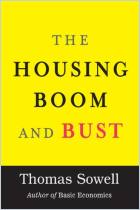
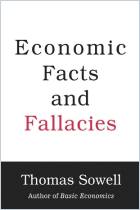
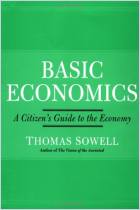

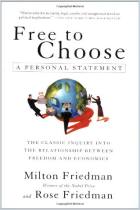



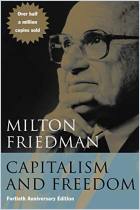


Comment on this summary
Эта книга была написана более 10 лет назад. При переводе мы отдаем предпочтение тем книгам, которые вышли в последние годы, поскольку рассматриваемые в книге примеры и обстоятельства быстро устаревают.
Мы будем Вам признательны, если Вы поделитесь с нами своими идеями о том, что включить в нашу русскую библиотеку, на специальной странице "Предложите книгу".
Русская редакция getAbstract